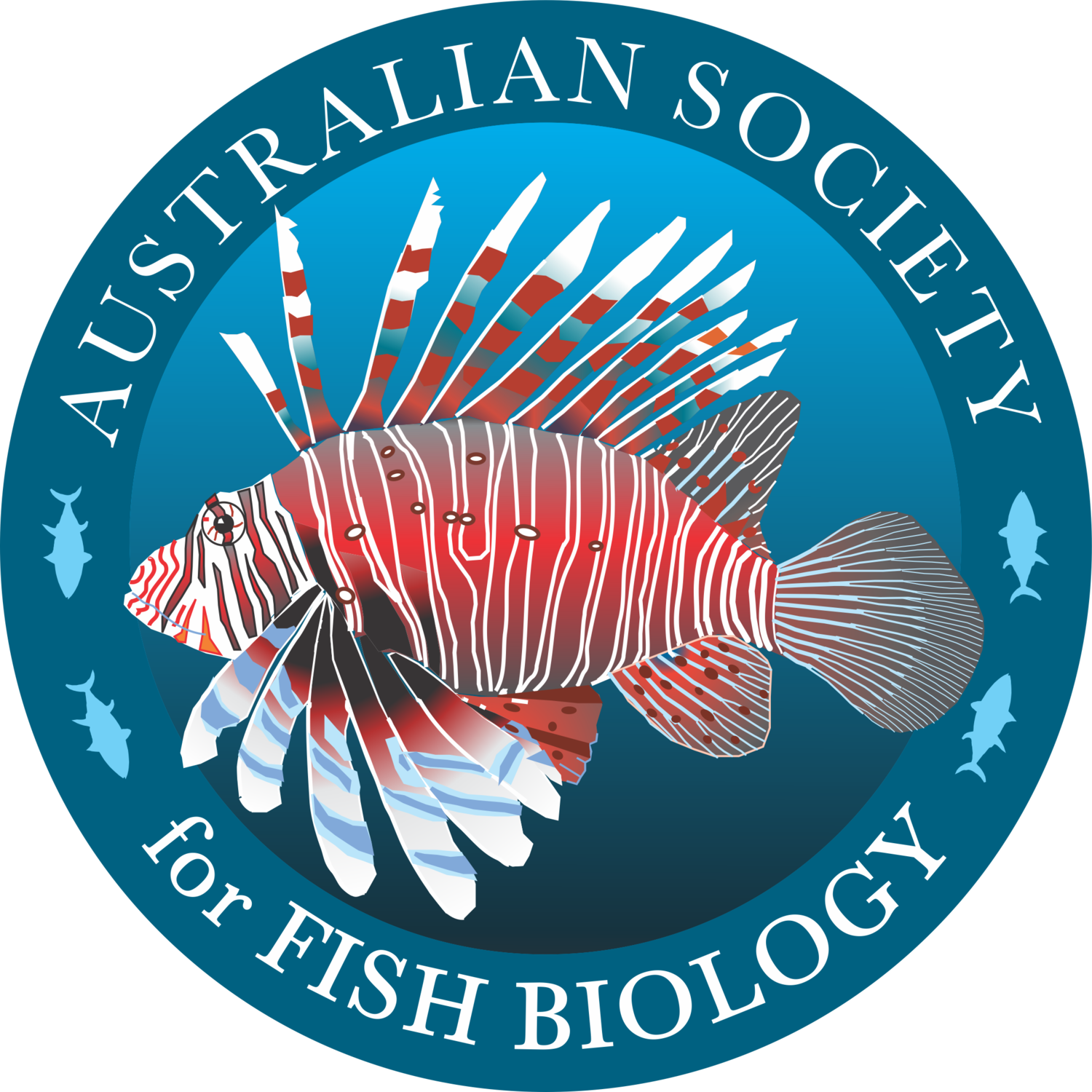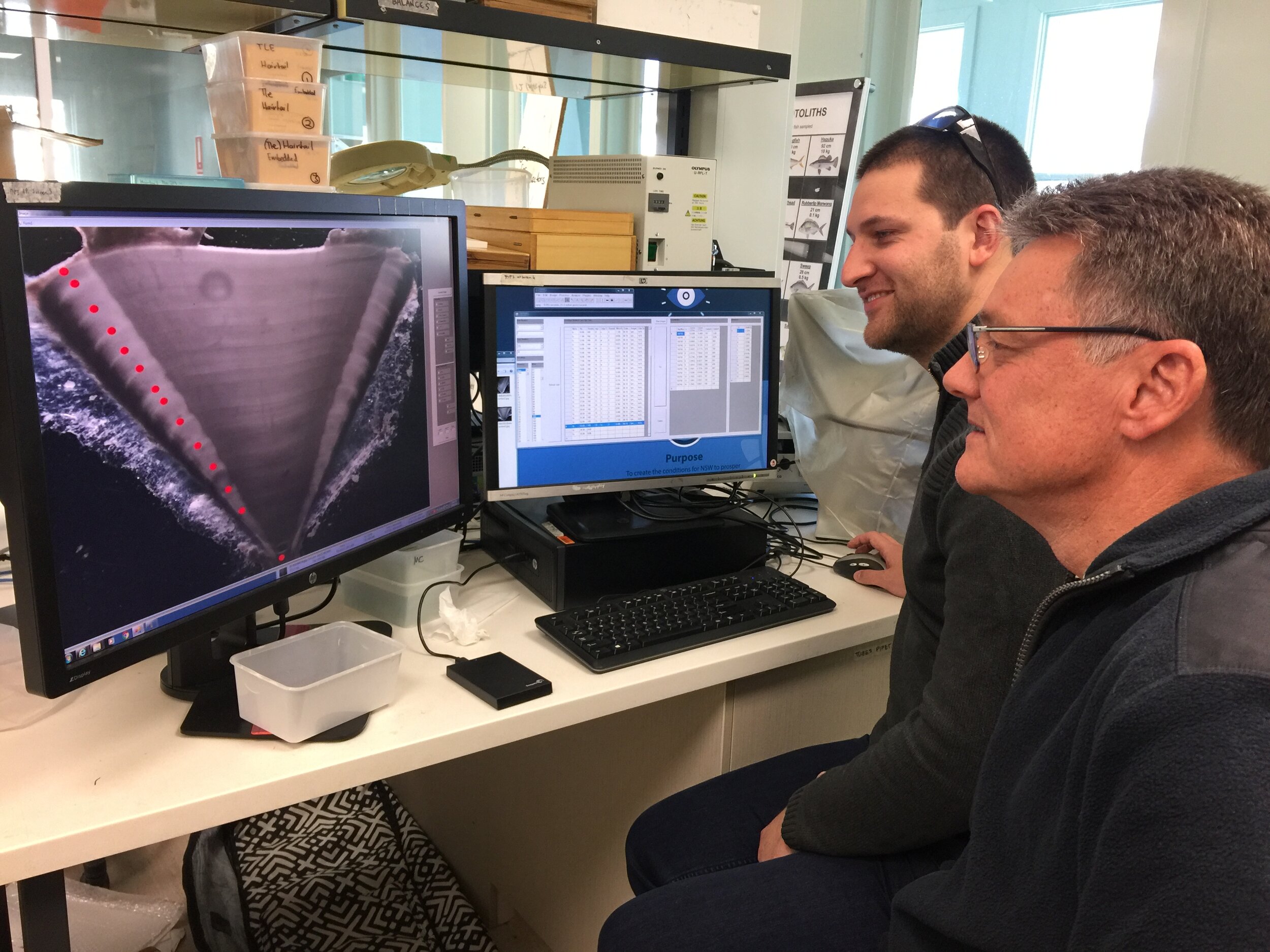On the line with… Vincent Raoult
Vincent Raoult is a postdoctoral researcher at the University of Newcastle. We spoke with him about his enduring fascination with sharks and the importance of communicating your science.
Vincent Raoult is a postdoctoral shark researcher at the University of Newcastle.
Vincent, how did you first become interested in sharks and rays?
My interest in marine science and sharks stems from a really long time ago, during my childhood. My grandparents would take me to the Grand Aquarium of St. Malo, and their final exhibit is a huge circular ring with grey nurse sharks that just chill swimming in circles. I forced them to take me there a fair few times after that… I’d also watch a lot of documentaries on the subject, and one of my favourites was a National Geographic special where Eugenie Clark featured heavily, and her research was really inspiring.
What does your current research involve?
I am involved in a lot of projects at the moment that range from saltmarsh food webs to sharks and pinnipeds. I currently have an honours student examining the habitat use of estuary rays using drones, one looking at distribution and abundance of mesopredators in the Hunter river, and have just finished projects looking at magnetic and electrodeterrents of rays. I’m currently co-supervising two wonderful PhD students looking at stable isotope ecology of sharks and pinnipeds in Australian and in Uruguay.
What is the most memorable thing that has happened to you in the field?
Being out near Flinders Island on the Bluefin research vessel and getting stuck in a pod of dolphins that seemed to go on to the horizon.
It is becoming increasingly important for researchers to communicate their science to the general public. What approaches work best for you?
I really think that scientists have to communicate their knowledge and science to the public to have real-world impacts. I found Twitter to be great for science communication, but I initially got into it primarily to stay up to date with important research and to keep in contact or make new contacts with other researchers. I think science communication on social media takes a lot of work and only really becomes effective once you have a fairly large base of followers that are less likely to include just other like-minded people. To those who suggest Twitter is a waste of time, I have at least two publications that exist solely as a result of interactions with other people through Twitter, and that’s one of the reasons I recommend it to all my students.
For more general (and widespread) sci-comm, the University of Newcastle’s media team have been fantastic. I think it’s very important for researchers to introduce themselves and their area of expertise to their media team, as they’re the ones with contacts in various media outlets. This will give you plenty of time to get familiar with how general media communication works. The biggest message here is: always be flexible towards the media’s timelines. Radio and TV interviews are often asked of you last minute, and if you repeatedly say no you’re unlikely to get asked again for pieces into the future. You have to always make time (including often very early!) for media communication; it won’t wait around for you.
What species would you love to study, given the opportunity?
Either basking sharks or blue sharks! Basking sharks seem to exhibit some pretty incredible behaviours, while blue sharks just epitomise the ‘shark’ concept in my mind. If anyone needs a stable isotope person to collaborate with those two species…
"On the line" is a regular series featuring interviews with ASFB members. Vincent Raoult is a postdoctoral researcher at the University of Newcastle and won ASFB's Early Career International Travel Scholarship in 2020.



